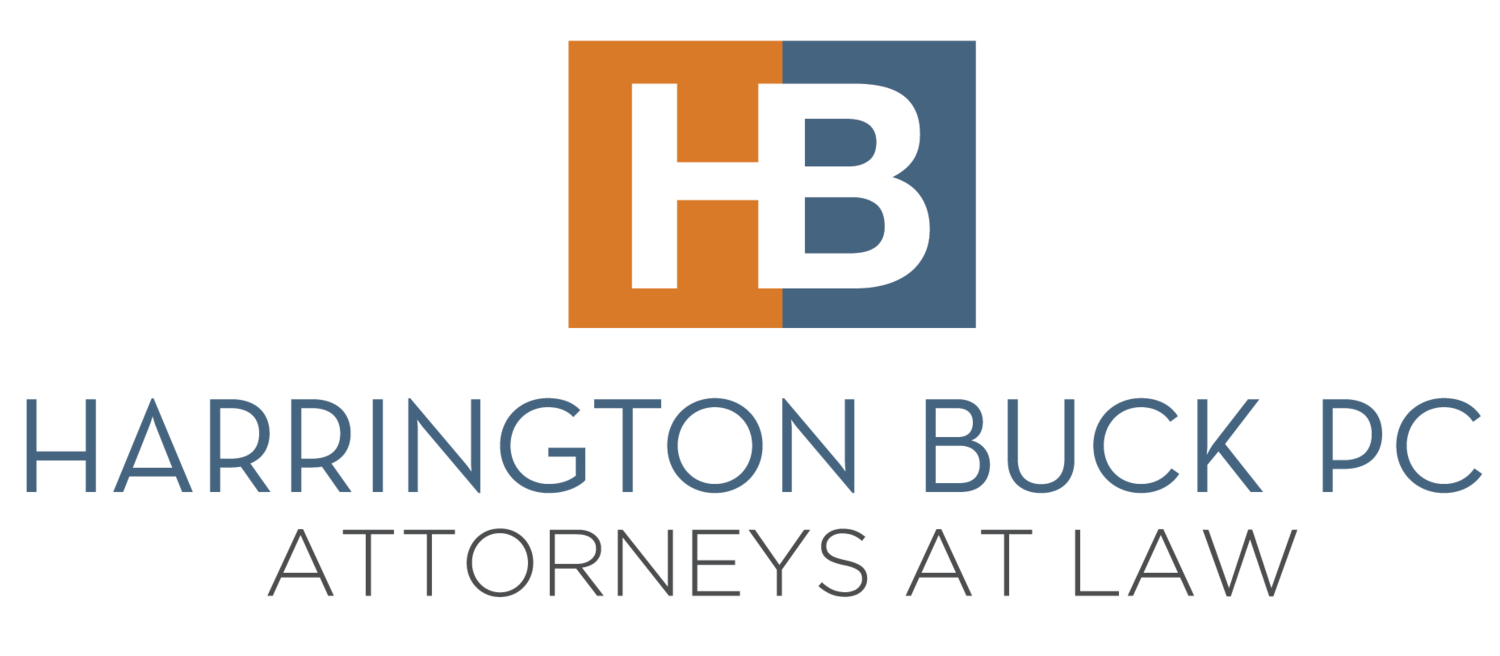Title Insurance
What is title insurance?
Title insurance protects against undisclosed problems with the title to your property, and it protects you against financial loss due to certain title defects, liens or other matters of public record. Title insurance will also provide you with coverage to defend against a lawsuit attacking your title. Owner’s title insurance is purchased by paying a one-time premium at the time that your purchase the policy. The coverage then remains in effect until you sell your property. Owner’s title insurance can be purchased at a substantial discount when purchased simultaneously with the purchase of a lender’s title insurance policy. This is significant because your mortgage lender requires that you purchase a title insurance policy to protect the lender’s interest. The lender’s title insurance policy does not provide any coverage to you as owner, but merely protects the lender against any title problems that may affect the lender’s interest in the property as collateral to secure repayment of the loan.
Do I really need title insurance?
With any luck, you will never need to avail yourself of the coverage offered by title insurance. However, your home is often the largest single investment that you will ever make. Given the relatively low one-time premium and the potentially disastrous result of an uninsured title defect, it is always a wise to purchase an owner’s title insurance policy.
Common misunderstandings and bad advice from people with good intentions
“Hey, if there was a problem, the attorney would have discovered it during the title search.” Only a limited amount of information can be discovered by searching available information in the public records. Reviewing the list of Hidden Title Problems below will alert you of many common title defects that would not be discovered by conducting a title search at the local registry of deeds.
Hidden Title Problems
While title insurance will protect you against errors or defects that may have been missed during a title search, more important, title insurance will protect you against title defects that may not even be revealed during a proper search at the local Registry of Deeds. The following is a list of common title defects that would not necessarily be revealed during a title search:
There is a forged deed or other document in the chain of title to the property.
There are people who claim to have “power of attorney” who don’t really have the legal authority to act for another person or the power has been revoked.
There are deeds delivered after the death of one of the people involved, without the prewritten consent of the deceased.
It is discovered that a will isn’t legally valid.
A deed is to, or from, a defunct corporation.
There are heirs missing or not disclosed in title documentation.
Wills were misinterpreted.
Deeds were made by people of unsound mind.
Deeds were made by minors.
Deeds were made by non-citizens.
Erroneous reports were furnished by tax officials.
Estates were executed with key people absent.
There is an undisclosed divorce of a spouse who claims to be an heir.
There is a spouse who is supposedly, but not legally, divorced from someone involved in the proceedings.
Children were born or adopted after the date of a will that involved the property.
Surviving children were omitted from a will that involved the property.
Mistakes were made in recording legal documents.
Title records were falsified.
Creditors make claims against a property that was sold by heirs or other people named in a will.
Deeds were made under duress as a last option to foreclosure.
Easements (limited rights for other parties to use the land) exist that were not located by a survey.
A deed incorrectly identifies public property as private property.
There are errors in tax records.
There are deeds from a bigamous couple.
Representations on legal documents (e.g., Notary seals) are invalid or incorrect.
The property was condemned but there is no official record of the condemnation.
